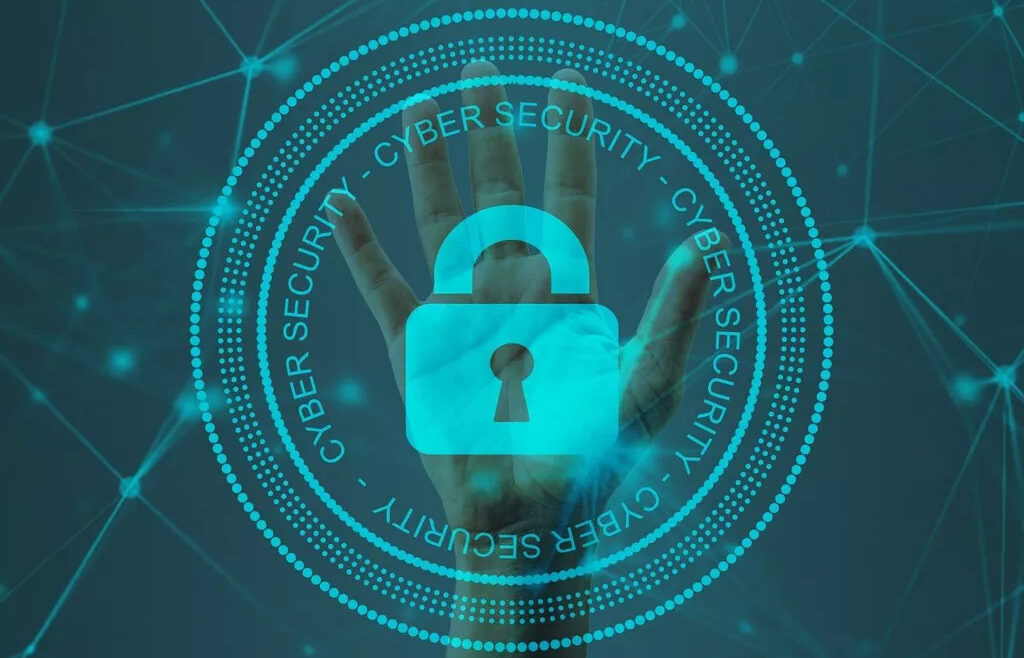Course Title: CYBER SECURITY
Module 1: Introduction to Cyber Security
Unit 1: Fundamentals of Cyber Security
- Introduction to Cyber Security
- Key Concepts and Terminology
- Importance of Cyber Security in the Modern World
- Overview of Cyber Threats and Attacks
Unit 2: Cyber Security Frameworks and Standards
- Introduction to Cyber Security Frameworks
- Overview of NIST, ISO, and other Standards
- Implementing Cyber Security Frameworks
- Importance of Compliance and Governance
Unit 3: Risk Management
- Understanding Risk in Cyber Security
- Risk Assessment Methodologies
- Risk Mitigation Strategies
- Developing a Risk Management Plan
Unit 4: Cyber Threat Intelligence
- Importance of Cyber Threat Intelligence
- Sources of Threat Intelligence
- Analyzing and Interpreting Threat Data
- Integrating Threat Intelligence into Security Operations
Module 2: Network Security
Unit 1: Network Fundamentals
- Overview of Network Architecture
- Types of Networks (LAN, WAN, VPN)
- Key Networking Protocols
- Network Devices and Their Functions
Unit 2: Network Security Fundamentals
- Introduction to Network Security
- Common Network Attacks (DoS, Man-in-the-Middle)
- Network Security Tools and Techniques
- Best Practices for Securing Networks
Unit 3: Firewalls and VPNs
- Understanding Firewalls and Their Types
- Configuring Firewall Policies
- Overview of VPN Technologies
- Implementing and Managing VPNs
Unit 4: Intrusion Detection and Prevention Systems (IDS/IPS)
- Introduction to IDS and IPS
- Types of IDS/IPS
- Implementing IDS/IPS Solutions
- Analyzing IDS/IPS Alerts
Module 3: Application Security
Unit 1: Secure Software Development
- Introduction to Secure Software Development
- Principles of Secure Coding
- Common Software Vulnerabilities (OWASP Top 10)
- Secure Development Life Cycle (SDLC)
Unit 2: Web Application Security
- Overview of Web Application Security
- Common Web Application Attacks (XSS, SQL Injection)
- Tools for Web Application Security Testing
- Best Practices for Securing Web Applications
Unit 3: Mobile Application Security
- Introduction to Mobile Application Security
- Mobile Application Threats and Vulnerabilities
- Security Testing for Mobile Applications
- Best Practices for Securing Mobile Applications
Unit 4: Database Security
- Understanding Database Security
- Common Database Attacks (SQL Injection)
- Database Security Best Practices
- Implementing Database Security Controls
Module 4: Cyber Security Operations
Unit 1: Security Operations Center (SOC)
- Introduction to SOC
- Roles and Responsibilities in a SOC
- SOC Tools and Technologies
- Managing and Operating a SOC
Unit 2: Incident Response
- Importance of Incident Response
- Incident Response Lifecycle
- Developing an Incident Response Plan
- Conducting Incident Post-Mortems
Unit 3: Digital Forensics
- Introduction to Digital Forensics
- Forensic Investigation Process
- Tools for Digital Forensics
- Legal and Ethical Considerations
Unit 4: Security Information and Event Management (SIEM)
- Overview of SIEM
- Implementing SIEM Solutions
- Correlating and Analyzing Security Events
- SIEM Best Practices
Module 5: Cloud Security
Unit 1: Introduction to Cloud Security
- Understanding Cloud Computing
- Key Cloud Security Concepts
- Cloud Security Challenges and Risks
- Shared Responsibility Model
Unit 2: Securing Cloud Infrastructure
- Best Practices for Cloud Infrastructure Security
- Implementing Cloud Security Controls
- Cloud Security Tools and Technologies
- Monitoring and Managing Cloud Security
Unit 3: Identity and Access Management (IAM)
- Introduction to IAM in Cloud
- Implementing IAM Solutions
- Best Practices for Managing Identities and Access
- IAM Tools and Technologies
Unit 4: Data Protection in the Cloud
- Importance of Data Protection in the Cloud
- Data Encryption Techniques
- Implementing Data Loss Prevention (DLP) Solutions
- Cloud Backup and Recovery Strategies
Module 6: Advanced Topics in Cyber Security
Unit 1: Ethical Hacking and Penetration Testing
- Introduction to Ethical Hacking
- Penetration Testing Methodologies
- Tools for Penetration Testing
- Reporting and Mitigating Penetration Test Findings
Unit 2: Cyber Security in IoT
- Overview of IoT Security Challenges
- Common IoT Vulnerabilities
- Securing IoT Devices and Networks
- Best Practices for IoT Security
Unit 3: Artificial Intelligence in Cyber Security
- Role of AI in Cyber Security
- AI-driven Threat Detection and Response
- Machine Learning Techniques for Cyber Security
- Implementing AI Solutions in Security Operations
Unit 4: Blockchain Security
- Introduction to Blockchain Technology
- Security Implications of Blockchain
- Securing Blockchain Applications
- Future Trends in Blockchain Security
Module 7: Cyber Security Professional
Unit 1: Cyber Security Career Paths
- Overview of Cyber Security Careers
- Certifications and Qualifications
- Building a Career in Cyber Security
- Networking and Professional Development
Unit 2: Cyber Security Governance and Compliance
- Importance of Governance in Cyber Security
- Regulatory and Compliance Requirements
- Developing a Cyber Security Policy
- Implementing Compliance Programs
Unit 3: Cyber Security Consulting
- Role of a Cyber Security Consultant
- Skills and Competencies for Consulting
- Delivering Cyber Security Consulting Services
- Managing Client Relationships
Unit 4: Advanced Security Certifications
- Overview of Advanced Cyber Security Certifications
- Preparing for Certification Exams
- Continuing Professional Development
- Leveraging Certifications for Career Advancemen

